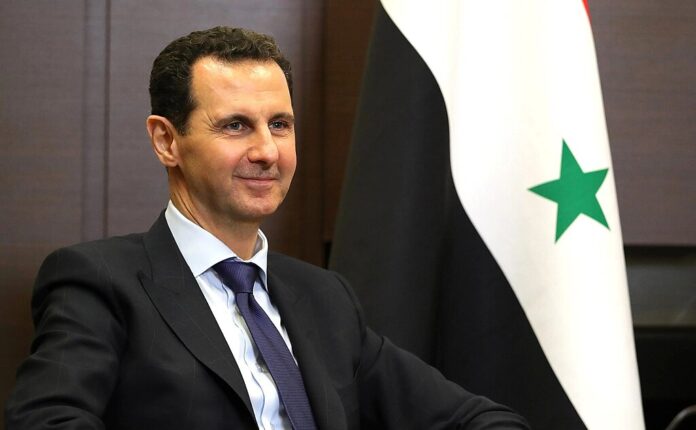The fall of Bashar Assad’s regime in Syria marks a pivotal moment in the ongoing civil war, signifying both an end and a new beginning for the war-torn nation. As Syrian rebels emerged victorious in their efforts to overthrow Assad, scenes of celebration emerged at Sednaya prison where former detainees, once feared lost within its dark corridors, were being freed. For many Syrians who have long dreamt of a new dawn, this moment is bittersweet—a victory won after years of bloodshed, sacrifice, and persistence.
The collapse of Assad’s regime has broader geopolitical implications. For Iran and Russia, Assad’s staunchest allies, the fall represents a significant strategic setback. Both countries have invested heavily in Assad’s survival, with Russia providing military support and Iran backing Hezbollah fighters to support the Syrian military. Experts argue that losing Assad diminishes their influence in the Middle East, weakening the ‘Shia Crescent’ which Iran aims to extend. The shift in power dynamics has prompted Russia to pivot rapidly; Moscow is already in talks with Syria’s new leadership to protect its existing military bases and maintain some measure of influence.
On the Israeli front, Prime Minister Benjamin Netanyahu has been quick to claim partial credit for this geopolitical shift. For years, Israeli policy has focused on neutralizing Iranian threats in the region, including strikes on Hezbollah and Iranian assets in Syria. The fall of Assad is perceived as a validation of these aggressive tactics, which Netanyahu argues directly contributed to the instability that ultimately led to the regime’s downfall.
Meanwhile, the international community, including the UK, is advocating for a focus on civilian protection amidst these geopolitical tremors. With stability still hanging in the balance, the priority must now shift towards ensuring that the humanitarian situation does not further deteriorate.
This historic moment leaves Syria at a crossroads, with the potential to rebuild a nation reeling from years of warfare. The path forward is fraught with challenges, but it also holds the promise of a new political landscape where diverse voices might finally be heard.
Perspectives
Iran & Russia”s Loss:
Assad’s fall deals a blow to Iran and Russia’s strategic interests in the Middle East, diminishing their regional influence. Iran’s goal of expanding its ideological reach through a ‘Shia Crescent’ faces a new obstacle, and Russia must renegotiate its military operations in the region.
Sources:
Fox News
The Guardian
Israeli Triumph:
Israel views Assad’s fall as a success of its security strategy. Netanyahu’s administration considers their military efforts as contributing significantly to Assad’s downfall, validating their hardline approach against Iranian threats.
Sources:
Fox News
The Guardian
Humanitarian Focus:
The collapse of Assad’s regime highlights the urgent need to focus on protecting Syrian civilians. The UK and international community stress safeguarding civilian welfare to avoid exacerbating the humanitarian crisis.
Sources:
NBC News
The Guardian
